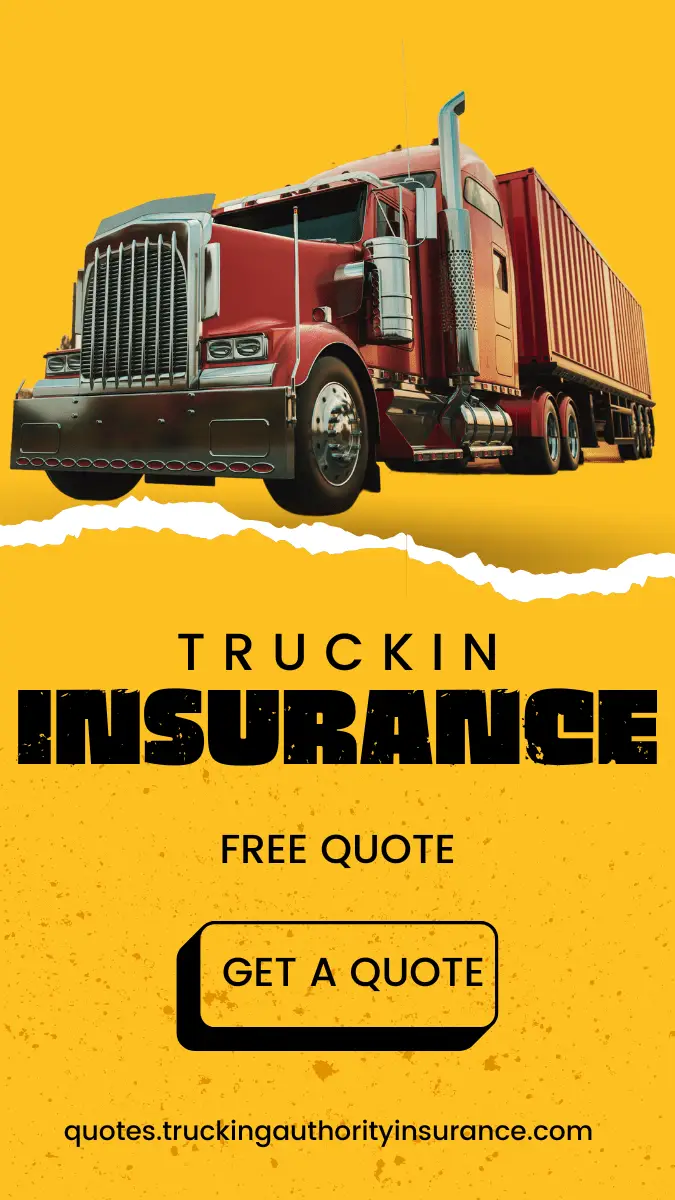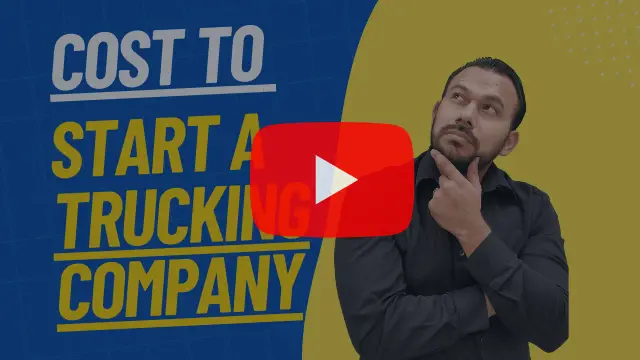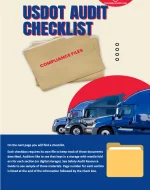Starting a trucking company in South Carolina can be a rewarding venture, but success starts with a strong legal foundation. One of the most effective ways to structure your business is by forming a Limited Liability Company (LLC). Not only does it protect your personal assets, but it also provides flexibility and legitimacy that brokers and clients value.
At Truckers Authority, we’ve helped thousands of new carriers establish their businesses from the ground up. This guide will walk you through how to start an LLC for a trucking company in South Carolina, while also covering compliance requirements, registration steps, and essential permits.
Why Form an LLC for Your Trucking Company in South Carolina?
An LLC is one of the most popular structures among trucking professionals, and for good reason:
- Limited Liability Protection: Separates your personal and business assets, reducing risk in case of lawsuits or debts.
- Tax Flexibility: Choose to be taxed as a sole proprietorship, partnership, or corporation.
- Credibility: Brokers and freight clients view LLCs as more established and trustworthy.
- Simplified Management: Compared to corporations, LLCs require fewer formalities and annual tasks.
Step-by-Step: How to Start an LLC for a Trucking Company in South Carolina
Choose a Unique Business Name
Make sure your name is:
- Not already registered in South Carolina
- Compliant with state naming rules
- Includes “LLC” or “Limited Liability Company”
Use the South Carolina Secretary of State Business Search to check availability.
File Articles of Organization
To legally form your LLC, you must file Form CL-1 (Articles of Organization) with the South Carolina Secretary of State.
- Filing Fee: $110
- Filing can be done online or via mail.
Appoint a Registered Agent
Your registered agent receives all official state and legal correspondence. It can be:
- You (if you’re a South Carolina resident)
- An employee
- A registered agent service
Apply for an EIN (Employer Identification Number)
An EIN from the IRS is essential for:
- Filing federal taxes
- Opening a business bank account
- Hiring employees
Apply directly through the IRS EIN Portal at no cost.
Draft an Operating Agreement
Although not required in South Carolina, an Operating Agreement is strongly encouraged. This document defines:
- Ownership percentages
- Roles and responsibilities
- Profit sharing
- Voting rights
Having one can also help resolve disputes and demonstrate structure when opening bank accounts.
Understand Annual Report Requirements
South Carolina LLCs are not required to file annual reports unless taxed as corporations. However, always keep your records up to date with the Secretary of State if you make changes to your business.
Need Help Obtaining Your Permits?
Get Your Trucking Authority Today!
We Can Help You Setup Your LLC & Trucking Authority.
Speak With Our Experienced Permit Professionals That Can Help You Every Step Of The Way.
Call Us Today! Live Agents Are Standing By.
Considering Other Business Structures?
If you’re unsure whether an LLC is right for you, here’s a quick comparison of alternatives:
- Sole Proprietorship: Easy to start, but offers no liability protection.
- Partnership: Shared risk and income, but still lacks protection.
- Corporation: More complex but offers robust liability protection.
- S Corporation: Blends the benefits of corporations with pass-through taxation.
🔗 Visit the IRS Starting a Business Guide to explore your options.
Operating as a Sole Proprietor in South Carolina (Using a Fictitious Name)
If you’re a sole proprietor using a business name that’s different from your legal name, you’ll need to register a fictitious name (DBA).
Example:
If John Smith is operating under the name “Palmetto Freight Services,” he must register that name with the local county.
Where to Register a Fictitious Name
Registration is done at the county clerk’s office in the county where you operate. Here are links for major counties:
- Berkeley County Clerk
- Charleston County Clerk
- Greenville County Clerk
- Horry County Clerk
- Lexington County Clerk
- Richland County Clerk
- Spartanburg County Clerk
- York County Clerk
Check each county’s website for specific forms, fees, and filing instructions.
Compliance Requirements After Forming Your LLC
- Register with the FMCSA
Trucking companies that operate across state lines must register with the Federal Motor Carrier Safety Administration (FMCSA) for:
- USDOT Number
- MC Number
🔗 Begin your registration here: FMCSA Registration.
- Obtain Required Permits and Licenses
Depending on your operation, you may also need:
- BOC-3 Filing: Mandatory to activate your MC authority
- Unified Carrier Registration (UCR): Required for all interstate carriers
- IRP Apportioned Plates: Necessary for multi-state operations
- IFTA Fuel Tax Registration: Ensures compliance with fuel tax laws
- Form 2290 (HVUT): For trucks over 55,000 pounds
💡 For help with these, visit our Trucking Authority and Permit Services page.
Common Mistakes to Avoid
- Using a name already registered in South Carolina
- Forgetting to apply for an EIN
- Skipping the Operating Agreement
- Not registering with FMCSA before operating
- Failing to obtain IFTA and IRP registration
- Operating without proper insurance
Avoiding these pitfalls can save time, money, and legal trouble.
Trucking Authority Services
Our Additional Services
We offer a complete range of services to support new and growing trucking businesses:
MC Number Application: Required for interstate operations
BOC-3 Filing: Activates your MC authority
Unified Carrier Registration (UCR): Keeps you federally compliant
Form 2290 Filing: Required for heavy vehicle use tax
IFTA & IRP Registration: For multi-state registration and fuel tax
Business Formation Services
• LLCs, corporations, and partnership setups tailored for trucking
State-Specific Services for South Carolina
• Intrastate Authority
• South Carolina IFTA and IRP filing
Frequently Asked Questions About Starting an LLC in South Carolina
Why should I start an LLC for a trucking company in South Carolina?
To protect your assets, gain tax flexibility, and enhance business credibility.
How much does it cost to form an LLC in South Carolina?
It costs $110 to file with the Secretary of State.
Do I need an EIN for my LLC?
Yes. It’s required for taxes, banking, and hiring.
Is an Operating Agreement required?
Not legally, but it’s highly recommended.
Do I have to file annual reports?
Only if your LLC is taxed as a corporation.
What’s the benefit of using a professional service?
It ensures full compliance and speeds up processing.
What is a fictitious name (DBA)?
A registered business name used by sole proprietors operating under a name different from their own.
Do I need a BOC-3 filing?
Yes, it’s required to activate your motor carrier authority.
Can I operate without FMCSA registration?
You can operate within your state as long as you have the correct state permits.
Can I change my business structure later?
Yes, you can convert to a corporation or elect S-Corp status.
How long does it take to form an LLC in SC?
Online filings are usually processed within 24–48 hours.
What is IFTA registration?
It’s a fuel tax agreement among states to simplify fuel reporting.
What is IRP registration?
It allows trucks to legally operate across state lines.
What happens if I don’t get a UCR?
You could face penalties and be pulled off the road during inspections.
Do I need insurance before operating?
Yes. You must show proof of liability insurance to activate your MC Number.







